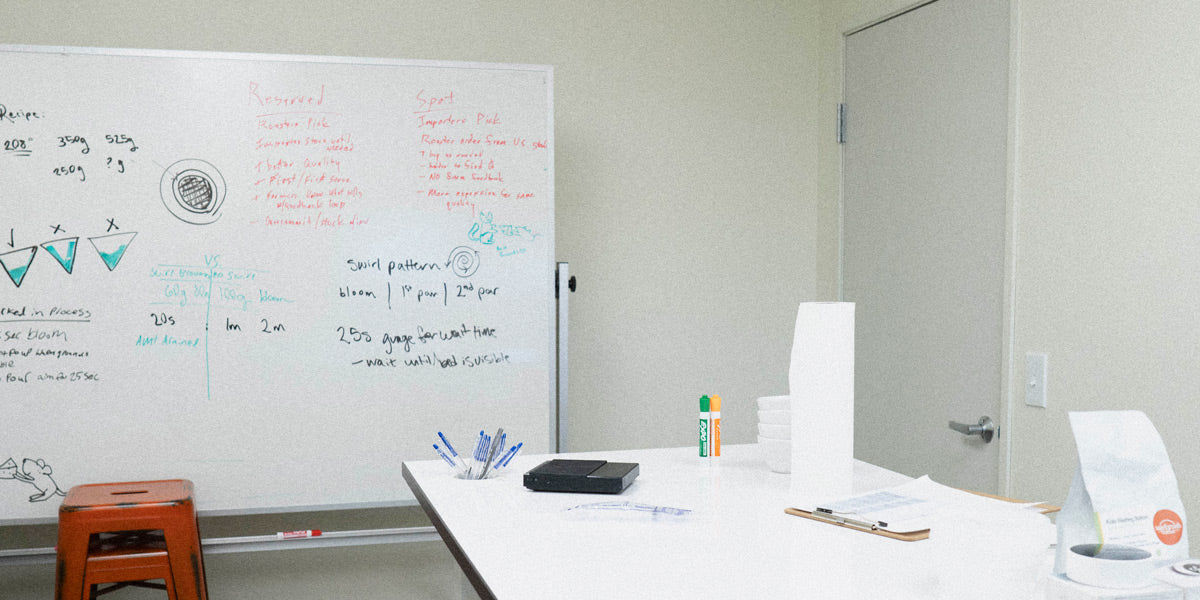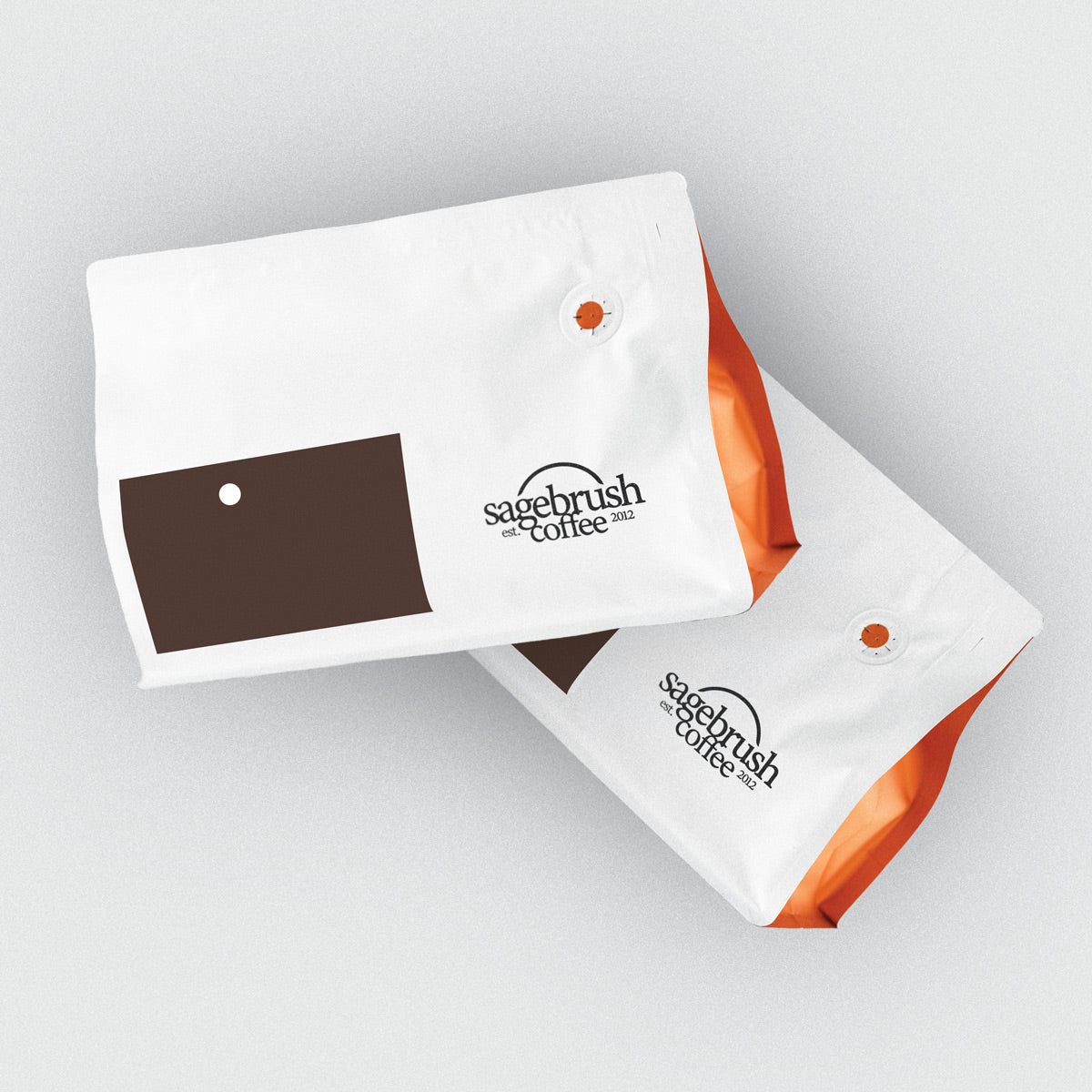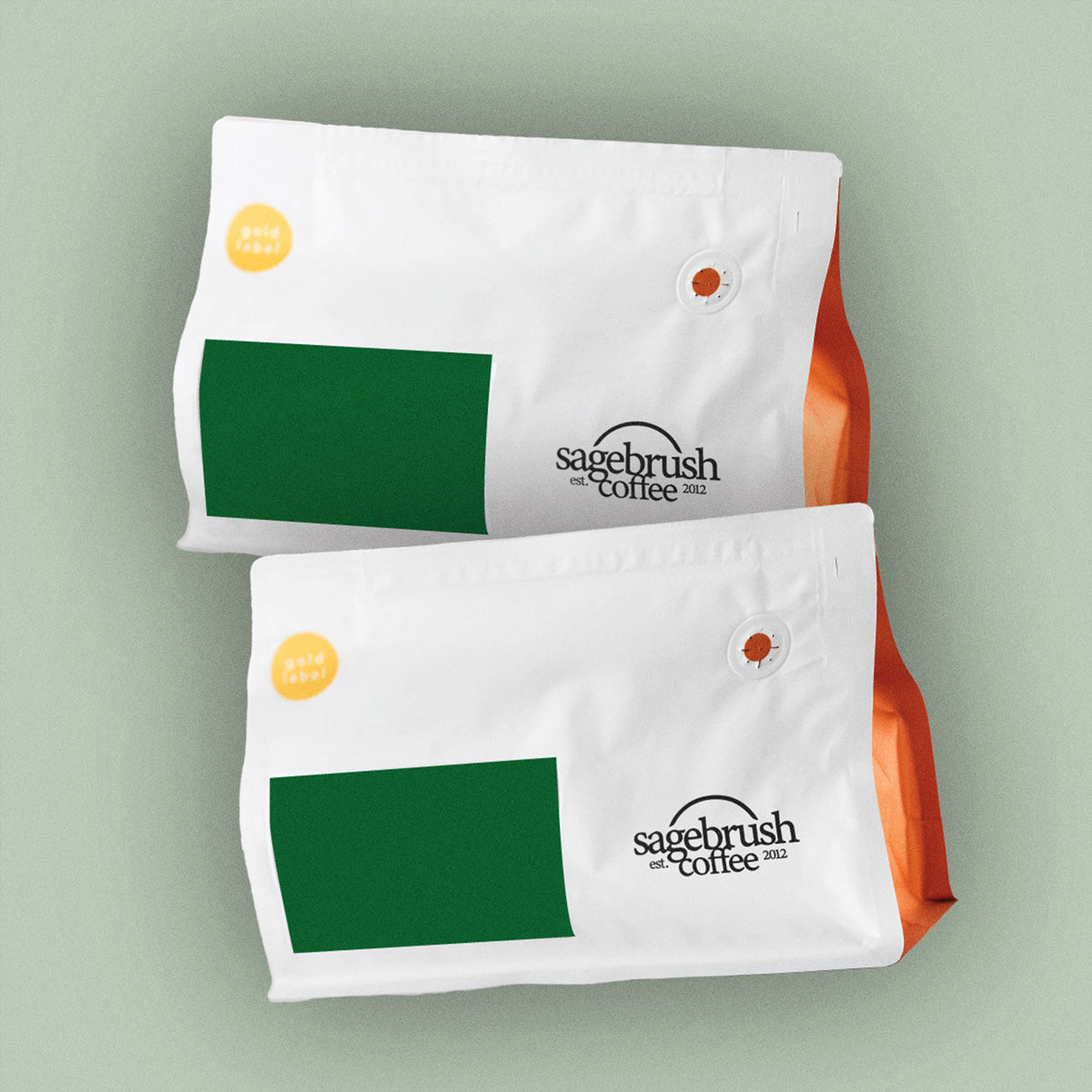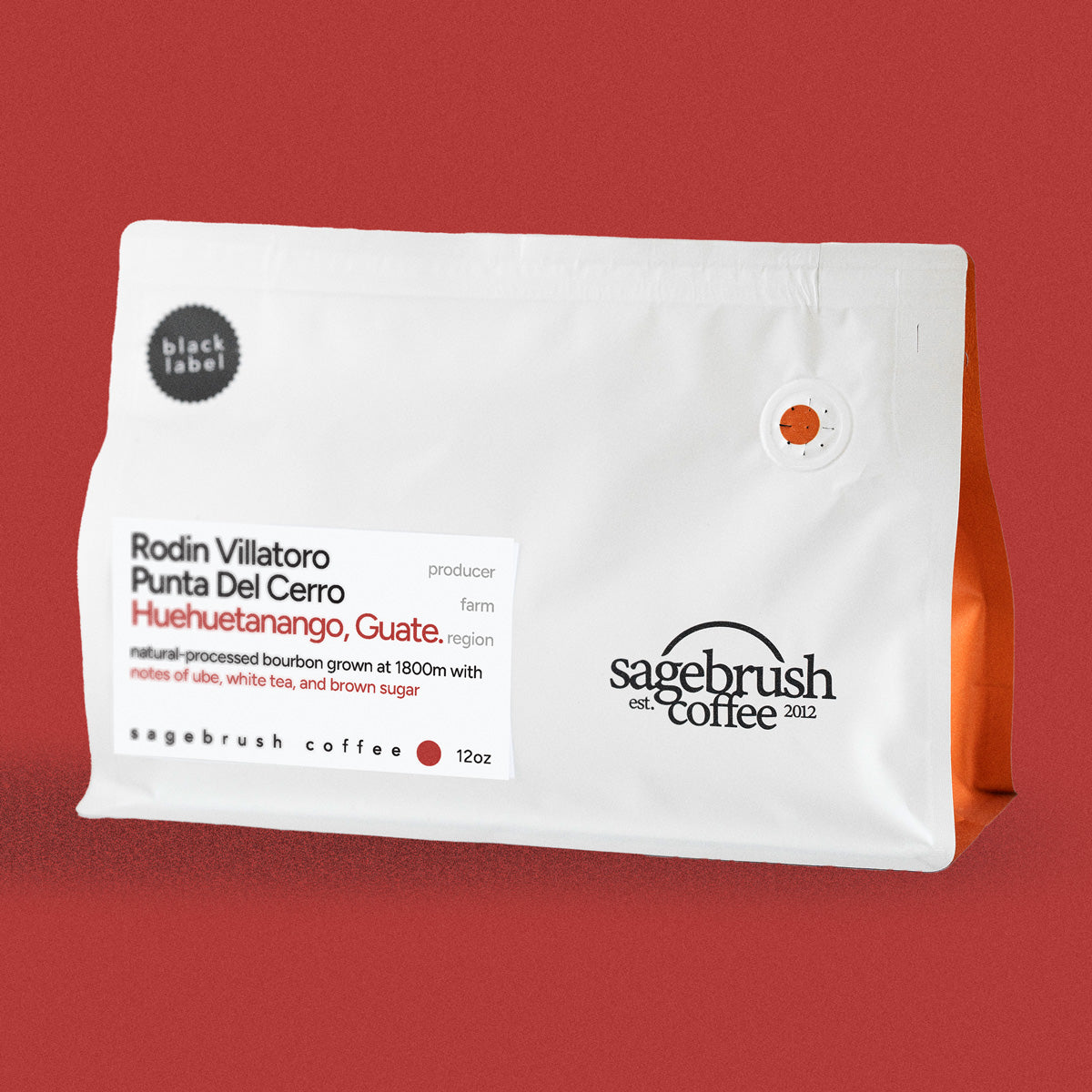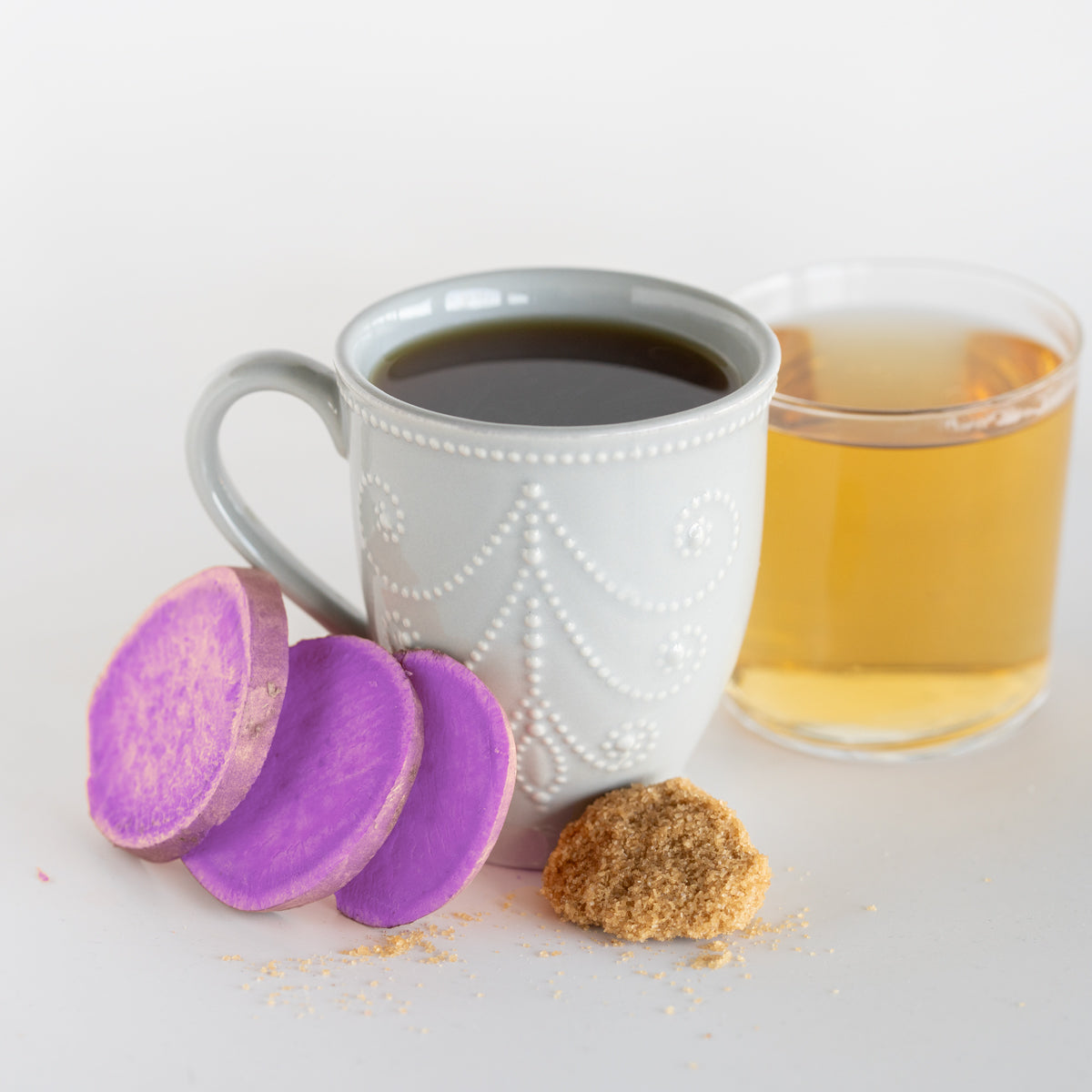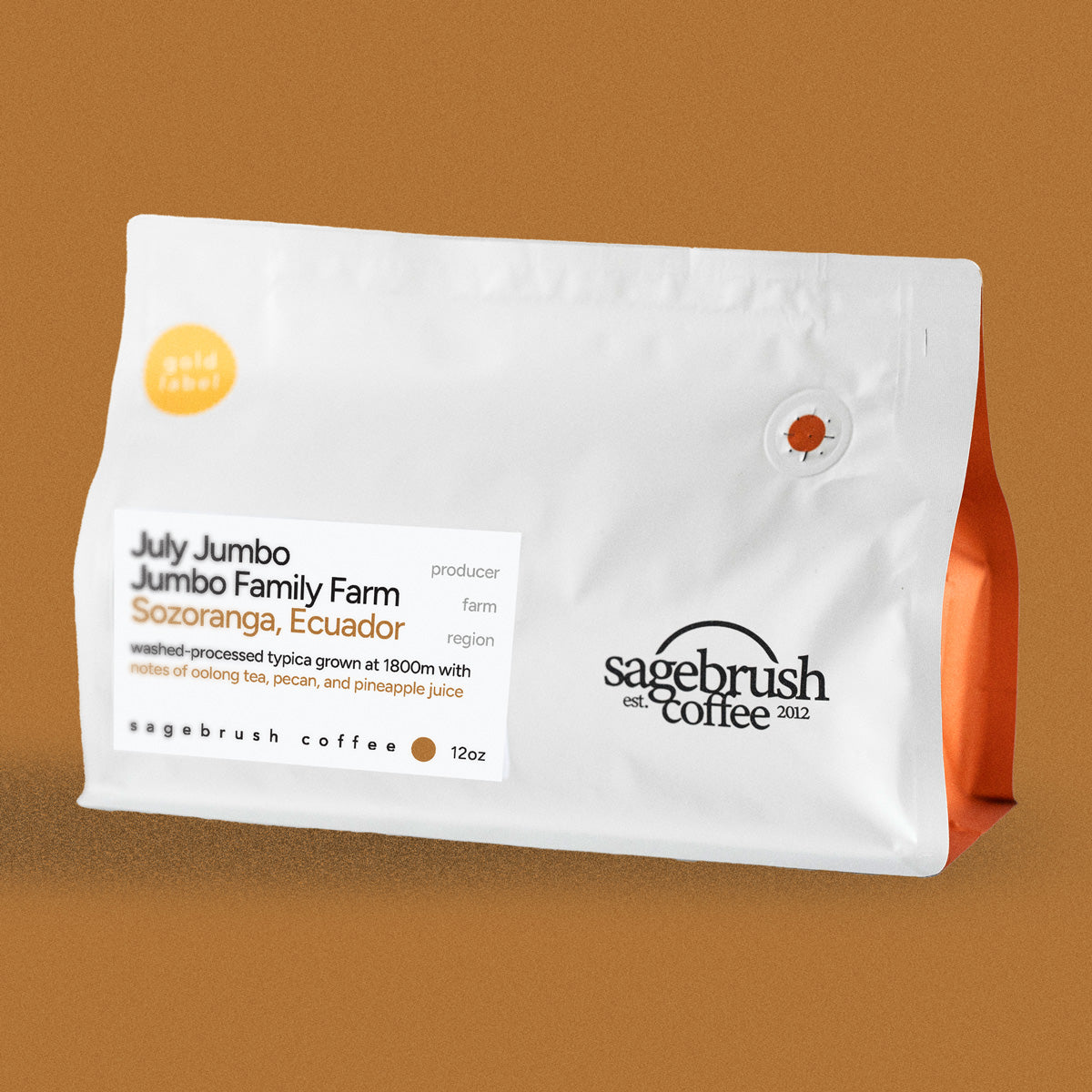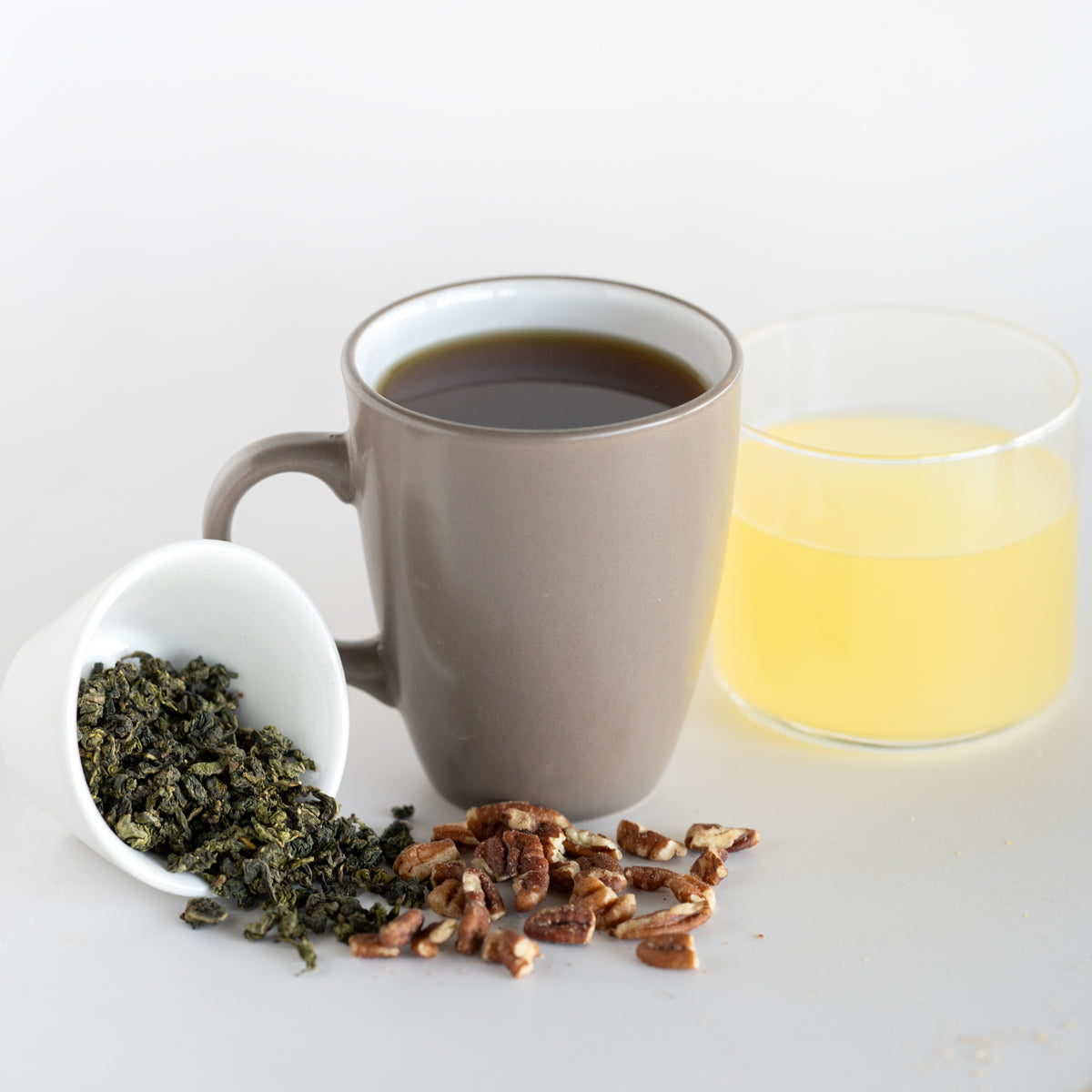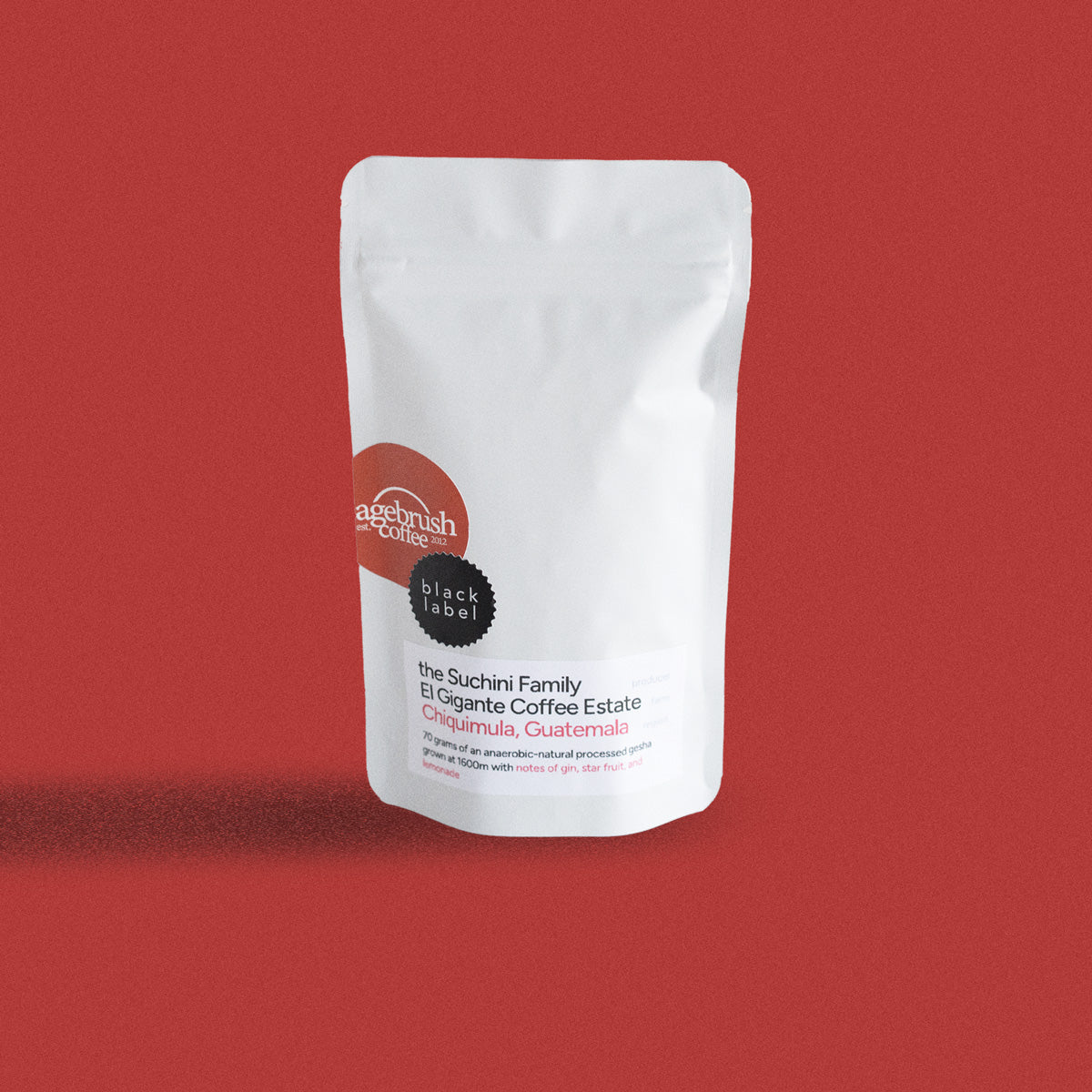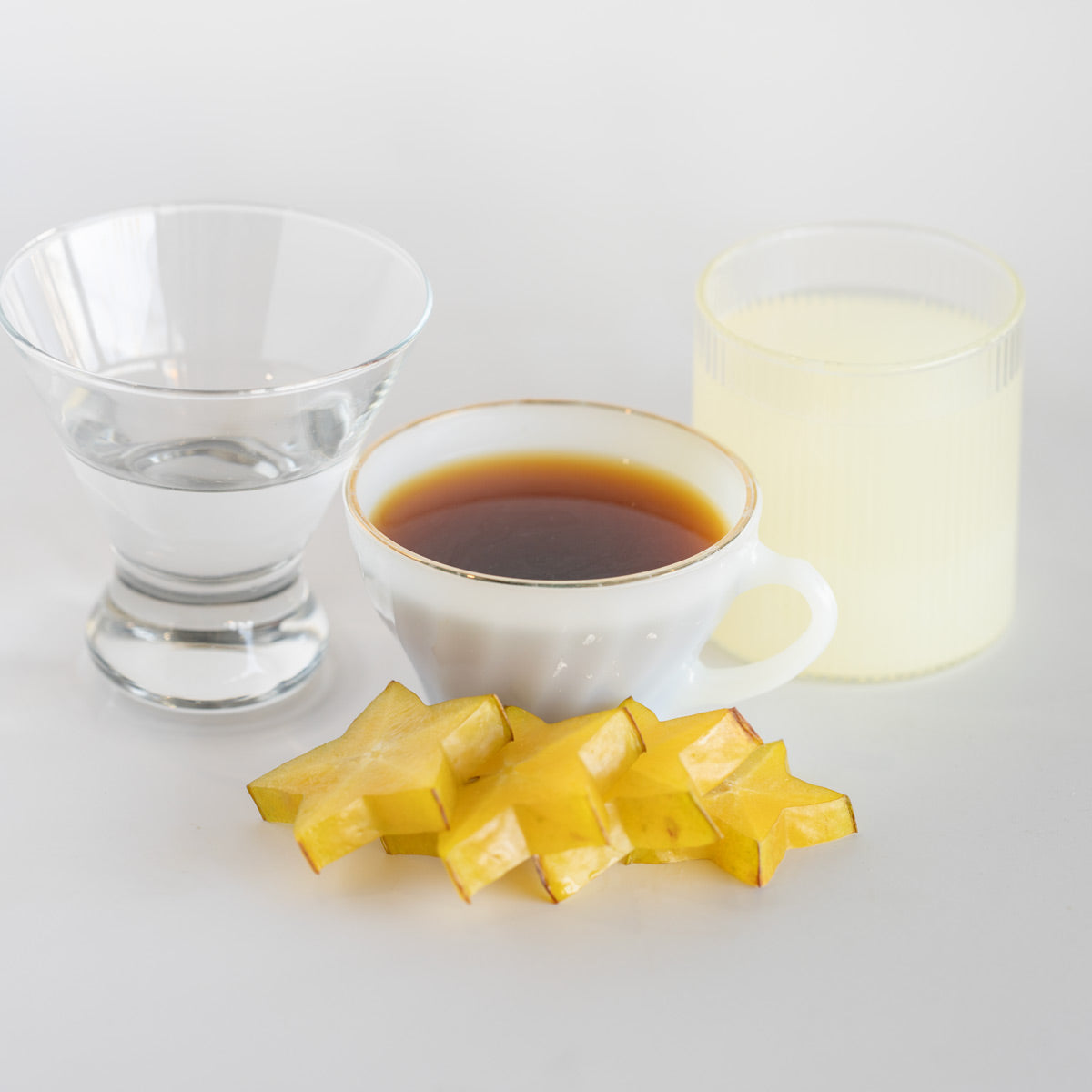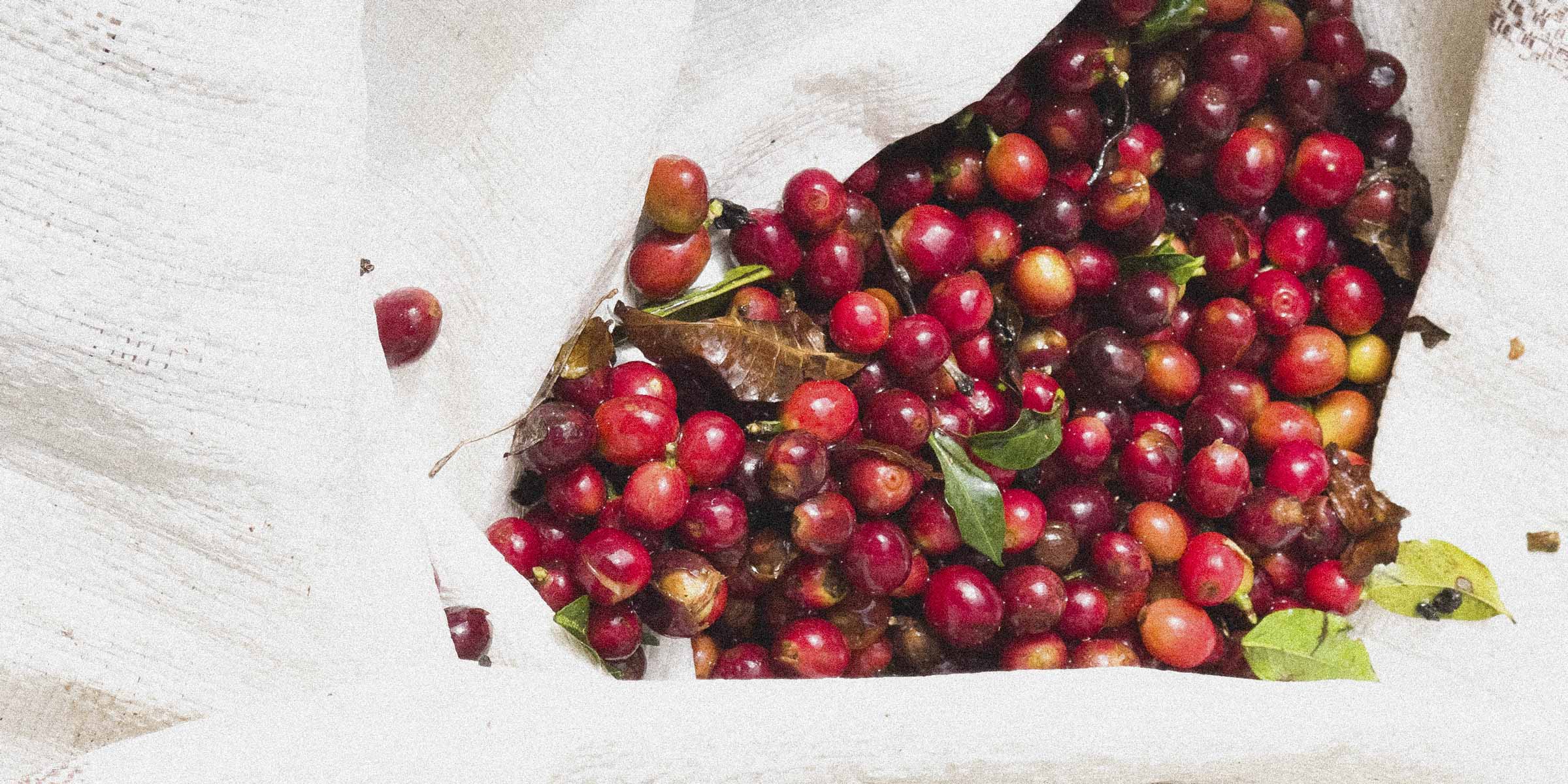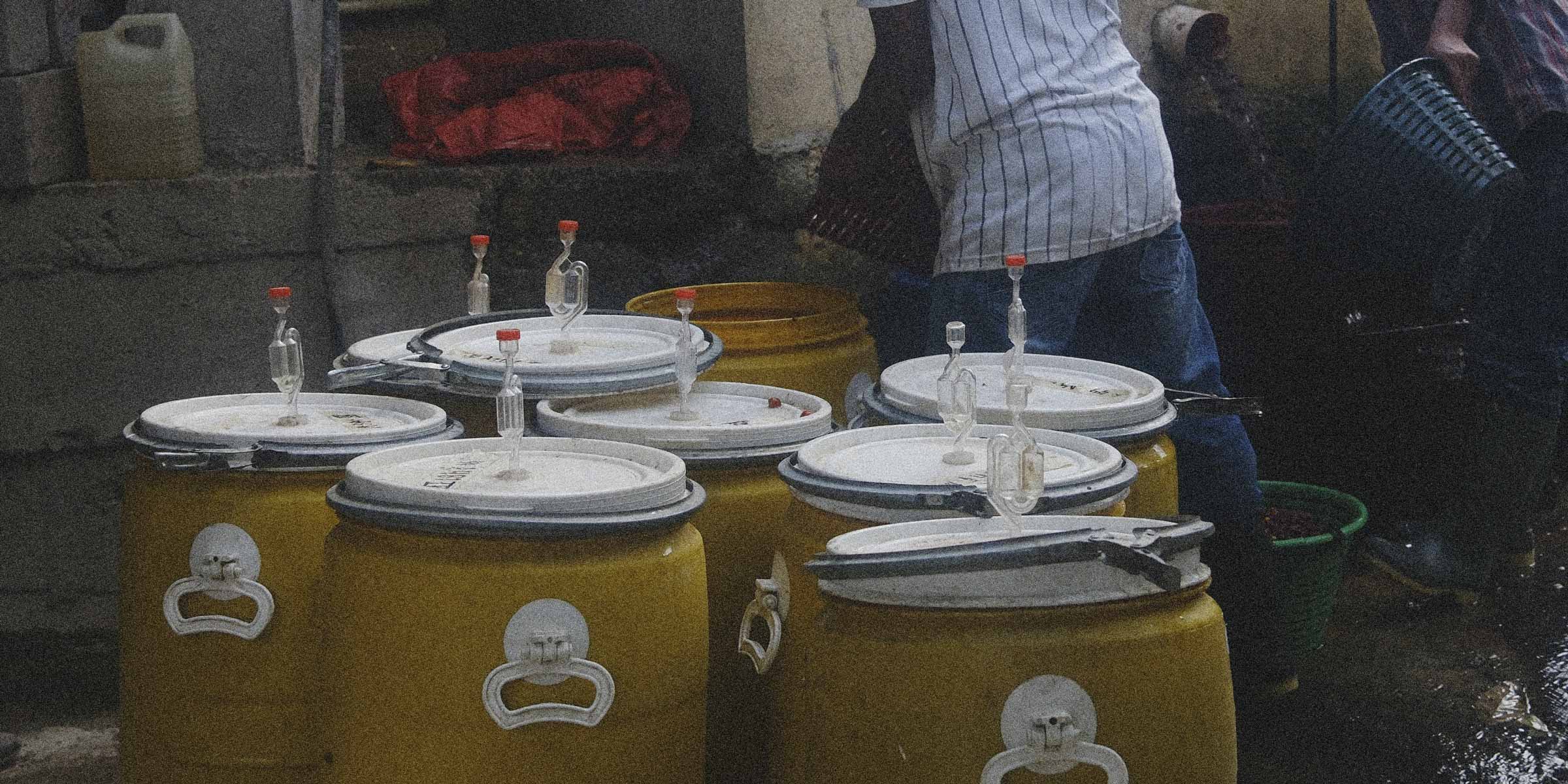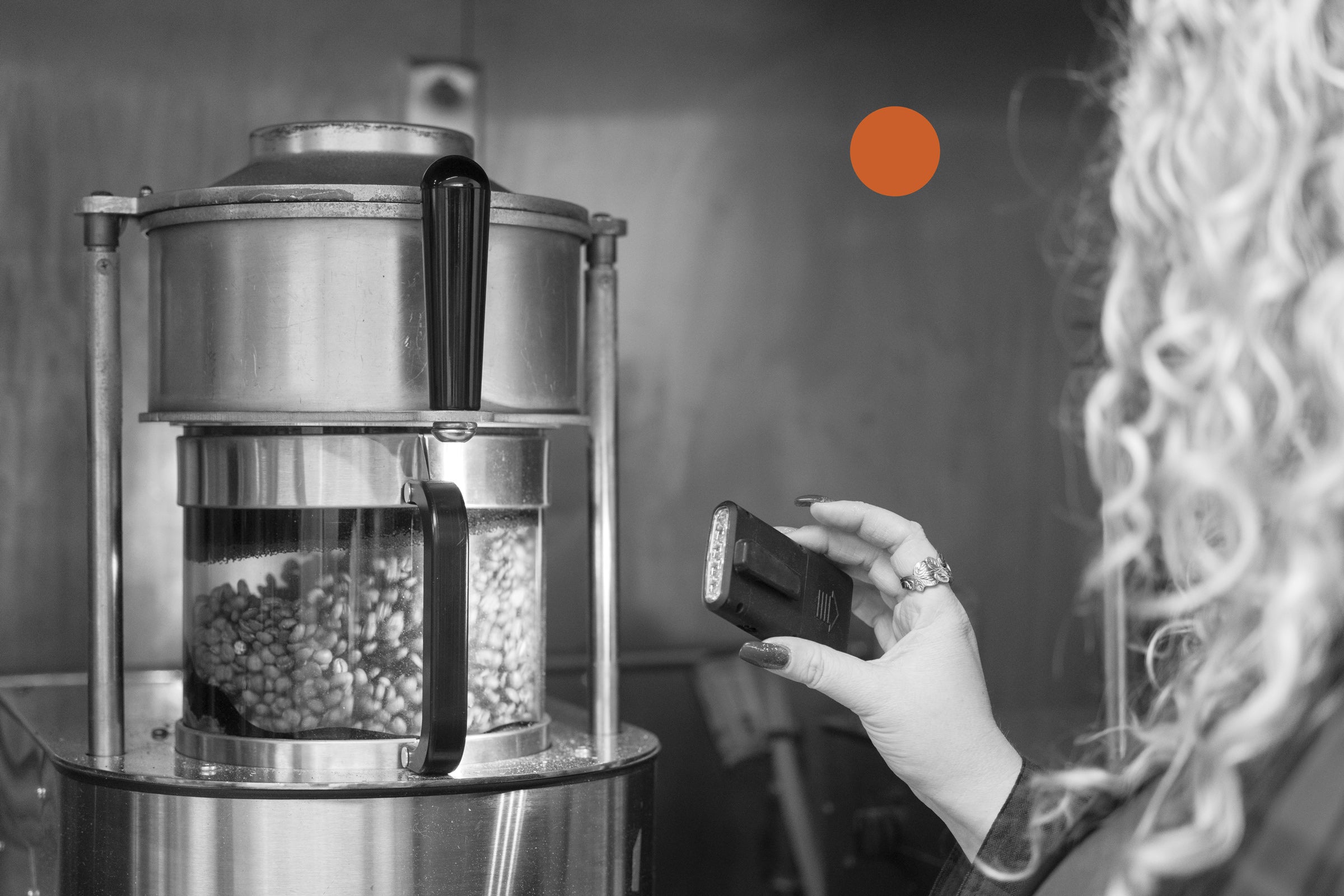
We can all agree that water is important. We can’t live without it. Have you thought about how your water affects your coffee? If you’re a serious coffee drinker, I am sure you have. Taste is significant to me, especially when it comes to the water I use to make my coffee. Water goes beyond just good flavor. Did you know that the number of minerals, acidity, and more can promote health? Why not choose the best water when you’re drinking coffee. We love to showcase the painstaking work producers do to bring you the best cup of coffee. To ensure you get the full experience, make sure you’re using the best possible water. Here are the reasons why we think the quality of water should matter to all of us who love good coffee.
1. Drinking water is essential for survival, health, and delicious tasting coffee/tea.
We all know that clean and drinkable water is necessary for survival. Water that isn’t treated or comes from a natural source with contaminants can be harmful to your health. Water is now treated not to harm you. But, what doesn’t kill you, sometimes tastes awful. In the U.S., tap water may not hurt you, but the flavor in certain locations leaves much to be desired. Why not take the water filtration process a step further to promote health and flavor. For serious coffee drinkers, the taste of water is of utmost importance, and that’s why the Specialty Coffee Association of America (SCAA) developed standards for what should and shouldn’t be in your water. Bad-tasting water can only produce bad-tasting coffee. Below is a table of measures designed by the SCAA for great-tasting water, promoting health. For the sake of not reliving chemistry class, I won’t cover each item in this table. I wanted to give the information because it’s important to know what should be in your water.
|
Characteristic |
Target |
Acceptable Range |
|
Odor 1 |
Clean/Fresh, Odor free |
|
|
Color 2 |
Clear color |
|
|
Total Chlorine |
O mg/L |
|
|
TDS 3 |
150 mg/L |
75 - 250 mg/L |
|
Calcium Hardness |
4 grains or 68 mg/L |
1-5 grains or 17 mg/L - 85 mg/L |
|
Total Alkalinity |
40 mg/L |
At or near 40 mg/L |
|
pH |
7.0 |
6.5 - 7.5 |
|
Sodium |
10 mg/L |
At or near 10 mg/L |
2. Minerals matter.
I’m no chemist or scientist, so I couldn’t even begin to explain how each mineral affects water in great detail. I know this: the proper sodium levels in your body help maintain a good fluid balance. Too much sodium can negatively impact blood flow, and too little sodium prevents the body from efficiently regulating itself, affecting blood flow. This is particularly troublesome for athletes. The right sodium level may also help digestion and other health benefits.
3. Acidity matters.
I never thought about the acidity level in my water, much less did I know that it’s pretty important. Water with a low pH of less than 6.5 could be acidic, soft, and corrosive, leading to elevated metal toxins in the water and can be hazardous to your health. A neutralizer is added to raise the sodium level keeping the toxic elements at bay. Water with a pH higher than 8.5 could mean the water is hard. While it’s not life-threatening, it may cause scaling problems to appliances and might make your coffee taste bitter. Maintaining the right pH levels goes a long way to make the right level of minerals are present in your water.
4. Your coffee should taste great.
If you want to have the best coffee experience and taste what different regions have to offer, your water quality is the first place to start. Bad-tasting water will produce bad-tasting coffee. Coffee with all the right minerals at the correct levels will enhance the flavor of your coffee.
5. Filtering makes a difference.
There are many ways to filter water. Two popular methods of filtering water are the activated carbon method and reverse osmosis (RO). You can find this filtration process in filters like Brita systems and other common brands. Activated carbon reduces chlorine taste and odor, and absorbents in the filter help to reduce toxic elements. It doesn’t cause significant changes in pH levels which may be the biggest difference between activated carbon and RO. RO works by using pressure to move contaminants through a membrane to the other side and leaving them there. It’s an effective method for removing large amounts of pollutants. With so much moving out of the water, RO affects the pH level. If you use an RO system, you may want to add some minerals back.
Upon comparing both filter systems, one system doesn’t remove as many contaminants. It leaves the pH level pretty stable, while the other removes a substantially larger amount of contaminants, but the pH level is affected. Knowing how these systems work can help decide on a home filtrations system. At Sagebrush, we use an RO system but then put minerals back to serve coffee with an optimal mineral and pH level.
6. The right amount of minerals helps your machines run smoothly.
Too much calcium and not enough sodium may cause buildup in equipment which may cause them to break sooner than expected. If you have a Moccamaster, a Jura, or a higher-end espresso machine, you know how important it is to keep your expensive coffee equipment running efficiently. If you’ve spent money and time researching the perfect machine, then helping that machine last as long as possible is probably really important to you. Making sure your water is filtered will go a long way in keeping your appliances running as smoothly as possible.
7. Not all bottled water is equal.
Have you stood in front of a grocery store refrigerator and looked at all the options for bottled water? I know I have wondered if there is anything that sets any of the bottled water companies apart. There is a way to learn: The FDA requires companies to provide yearly water reports. You can visit websites to find out which ones meet standards and when the water is tested for mineral levels, Total Dissolved Solids (TDS), pH. I’m not going to try to convince you what brand is better. If you’re curious how your bottled water of choice stacks up to the others, the information is out there. Some companies claim to come from natural sources and claim to be untouched by man. I’m not here to contest or prove their claims. While researching for this blog, I visited websites for Fiji, Voss, Evian, and Arrowhead. I was fascinated to discover everything it takes to harness the water source and bottle it for public consumption. While the differences may appear subtle, not all bottled water is the same. But it’s worth finding out and deciding for yourself which one suits you the best.


